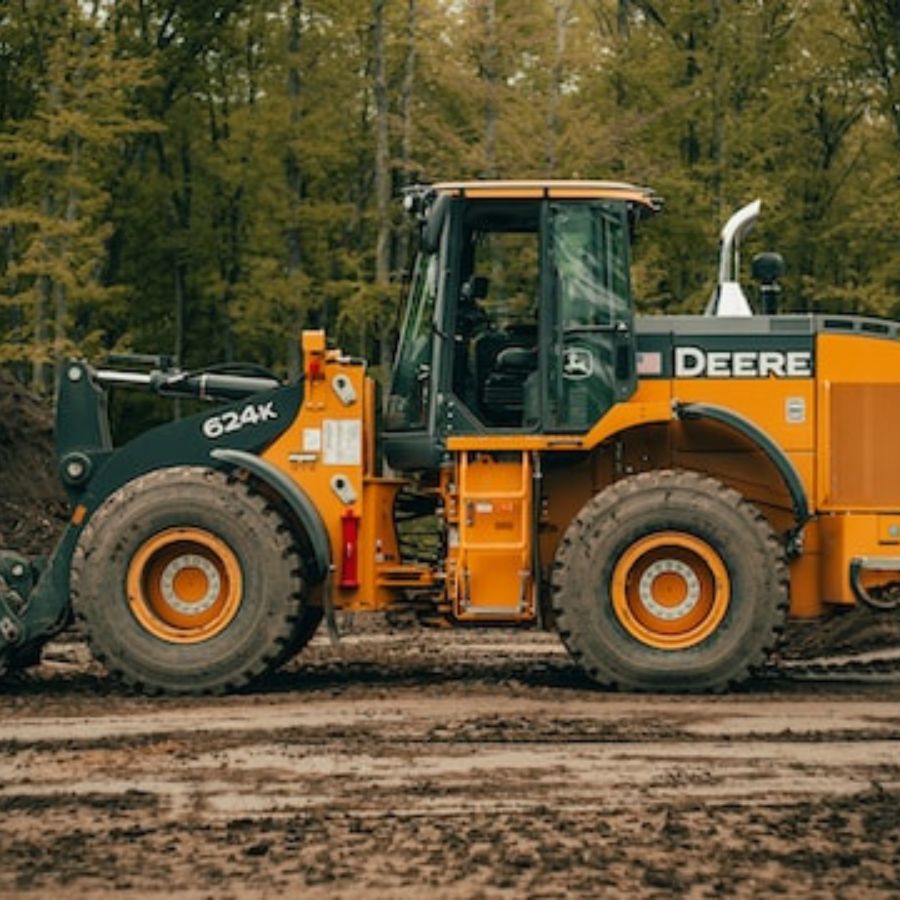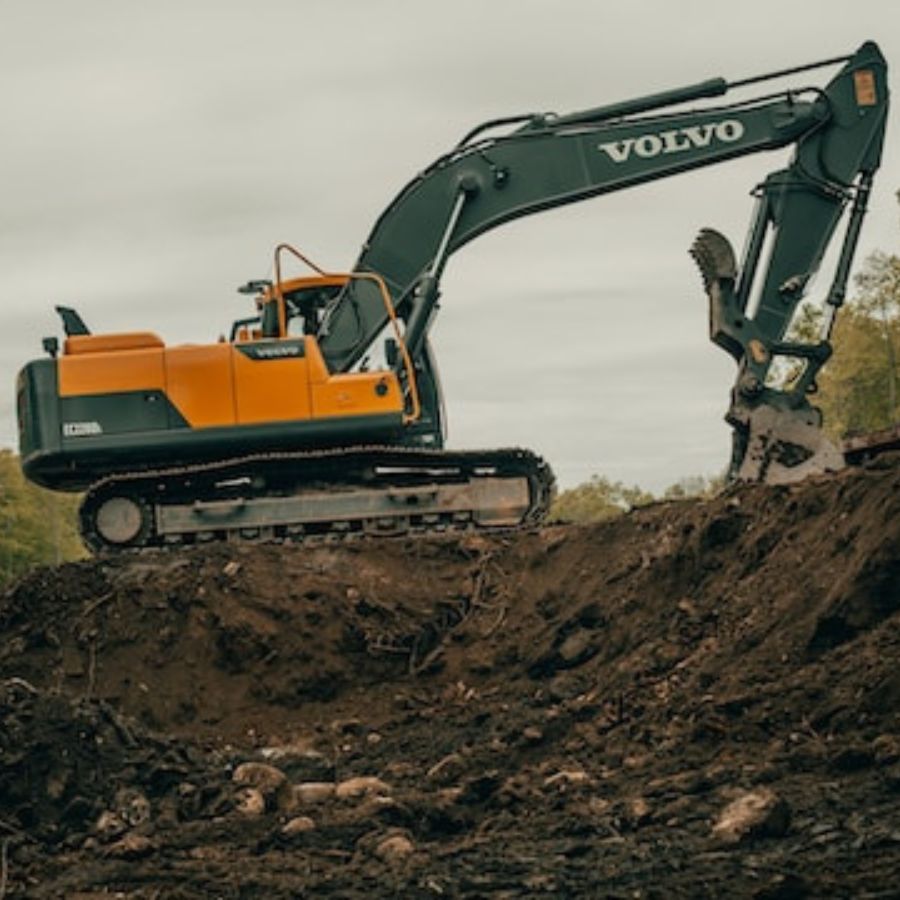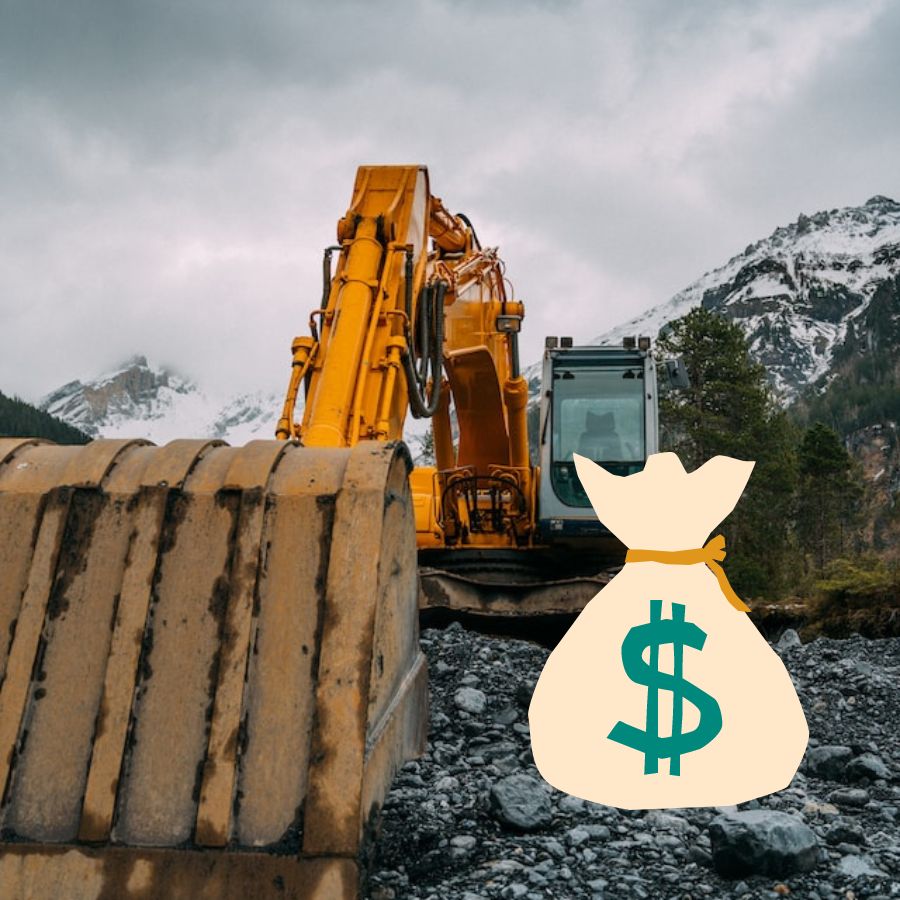How Much Does an Excavator Cost

Excavators are powerful construction machines that play a vital role in various industries, including construction, mining, and landscaping. These versatile machines can dig, lift, and move heavy materials, making them indispensable in many projects. If you’re considering purchasing an excavator, one of the first questions that come to mind is, “How much does an excavator cost?” In this article, we will explore the factors influencing the price of excavators and provide a comprehensive overview of the costs involved.
Factors Affecting Excavator Costs
As you look into the cost of an excavator, you might also need to consider other elements of your project, such as site preparation.
Size and Capacity
Excavators vary in size, from a mini excavator weighing around one ton to large excavators weighing over 100 tons. Size and capacity significantly affect the cost of an excavator. Smaller excavators, like mini excavators, are generally more affordable than larger ones. The bucket’s capacity, digging depth, and reach influence the price. Further, assessing your project’s size and capacity requirements is essential when purchasing a new or used excavator. Rental companies often offer a range of excavators, including small excavators, providing cost-effective options for short-term needs.
Brand and Manufacturer
The brand and manufacturer of an excavator play a crucial role in determining its cost. Established brands with a strong reputation for reliability and durability often come with higher price tags. However, lesser-known or newer brands may offer more affordable options. When considering a mini, used, or new excavator, it’s essential to research the brand’s reliability and read customer reviews. Rental companies can also provide a range of excavators, including small excavators, offering cost-effective choices for various projects. Careful evaluation of brand and manufacturer options ensures you make an informed decision based on quality and affordability.
New vs. Used Excavators
Deciding between a new or used excavator is vital when buying an excavator. A used excavator is generally more budget-friendly, but the price depends on age, condition, and usage hours. While a used excavator, including Komatsu excavators, can be cost-effective, careful inspection and consideration of maintenance costs are crucial. Be aware of potential risks associated with using construction equipment. Alternatively, a new excavator provides the advantage of reliability and warranty coverage. Weigh the pros and cons based on your specific needs and budget to make an informed decision when purchasing an excavator.
Attachments and Customizations
Excavators offer versatility through various attachments and customizations tailored to specific requirements. These include hydraulic hammers, grapples, drills, and specialized buckets. Adding these attachments enhances the excavator’s capabilities and affects the overall cost. Whether you’re considering a new or used excavator, exploring the availability and pricing of these attachments is essential. Compact excavators, in particular, offer a wide selection of attachments to maximize their efficiency in various applications. Carefully assess your project needs and budget to determine the most suitable attachments and customizations for your excavator.
Optional Features and Technology
Modern excavators offer many optional features and advanced technologies to improve productivity and efficiency on every construction project. These include GPS systems, telematics, and remote control capabilities. While these features provide significant benefits, they also contribute to the overall cost of the excavator. Whether you’re considering a used or new excavator, evaluating the value and necessity of these optional features is essential based on your specific project requirements and budget. Carefully weighing the advantages against the cost will help you make an informed decision when selecting an excavator for your project.
Cost Breakdown
Understanding the expense of an excavator is a key part of budgeting for your outdoor project. This process might also involve figuring out how to pick the right outdoor storage shed.
Mini Excavators (1-7 tons)
A mini excavator, ranging from 1 to 7 tons, is the smallest and most affordable category, typically between $20,000 and $90,000. These compact machines are perfect for small-scale projects, landscaping, or residential construction. Their lower rental price and compact size offer a cost-effective solution for temporary needs. Additionally, excavator financing options are available for those considering long-term use, allowing you to own the same machine without the upfront cost. Whether for rent or purchase, mini excavators provide versatility and efficiency for various applications while being gentle on the budget.
Mid-Size Excavators (7-45 tons)
Mid-size excavators, ranging from $80,000 to $200,000, are extensively utilized in construction projects. These excavators offer enhanced power, versatility, and digging depth, catering to various applications. Whether you opt for a new excavator or consider used excavators, mid-size machines strike a balance between capabilities and affordability. Used excavators can provide a cost-effective solution, but ensure thorough inspection and consider maintenance history. The mid-size range is famous for its ability to tackle various projects while providing the necessary power and functionality. Assess your requirements and budget to determine the ideal mid-size excavator.
Large Excavators (45-100+ tons)
Large excavators are robust machines designed for heavy-duty applications in construction, mining, and infrastructure projects. The cost of these excavators can surpass $1 million, depending on their size, capacity, and optional features. When considering the cost of a large excavator, it’s essential to factor in the requirements of your project and the potential benefits of owning such a powerful machine. Additionally, exploring the option of purchasing a used excavator can provide cost savings while still meeting the demands of your project. Evaluate the specific needs of your project and compare the available options to make an informed decision regarding the significant excavator cost.
Additional Costs
Apart from the initial purchase price, there are other costs associated with owning an excavator that one should take into account:
Operating Costs
Excavators require regular maintenance, including fuel, lubricants, filters, and periodic inspections. These operating costs can vary depending on the size of the excavator and the intensity of its usage.
Transportation and Delivery
Transportation costs can be significant if you purchase an excavator from a remote location or overseas. It’s essential to consider the logistics and plan for delivery expenses.
Insurance and Warranty
Insuring your excavator is essential to protect your investment from potential damages or theft. Additionally, warranties can provide peace of mind and cover certain repairs or replacements for a specified period.
Training and Operator Costs
Operating an excavator requires skilled personnel. If you or your employees still need training, budgeting for training programs or hiring experienced operators is essential.
Conclusion
The cost of an excavator, whether new or used, varies depending on factors such as size, brand, attachments, optional features, and technology. Smaller excavators are generally more budget-friendly, while larger excavators carry a significant price tag. Considering the initial purchase cost and additional expenses like maintenance, transportation, insurance, and operator training is essential. Thoroughly researching different manufacturers, comparing prices, and assessing your specific requirements will ensure that you find an excavator that aligns with your needs and fits your budget. Making an informed decision when purchasing an excavator is crucial for a successful construction project. If you’re evaluating the costs of an excavator for your backyard project, you might be considering larger renovations, such as building a home office with storage sheds.



